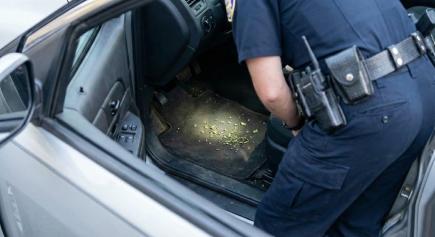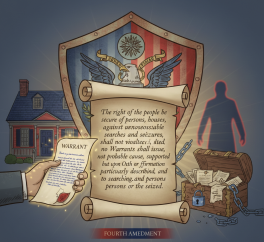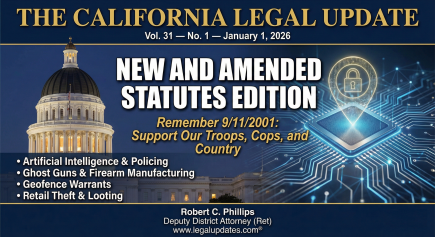

- Ref # CAB00072
- June 01, 2021
Residential Entries and “Fresh Pursuit”
Residential Entries and “Fresh Pursuit”
Robert C. Phillips
Deputy District Attorney (Ret.)
June, 2021
We previously reviewed the recent United States Supreme Court decision of Stanton v. Sims (2013) 134 S.Ct. 3, where it was held that it is an unsettled issue whether chasing a fleeing misdemeanant into one’s home (and the curtilage of his home) in “hot pursuit” (i.e., on the suspect’s heels) is constitutional. In its decision, the High Court noted that California courts have allowed officers to do so despite some lower federal court decisions to the contrary, and that at the very least, the offending officer is entitled to qualified immunity in a federal civil suit.
The Sims decision, however, does not address the related issue of the constitutionality of an officer making a warrantless entry into a residence while in “fresh pursuit” of a misdemeanor suspect. Again, the courts are in disagreement.
The California Supreme Court has specifically addressed this issue. In People v. Thompson (2006) 38 Cal.4th 811, .... © 2026 Legal Updates, LLC.
This content is protected by copyright law. Republishing or redistribution in any form without written permission is strictly prohibited. For licensing or reprint requests, contact support@legalupdates.com.







